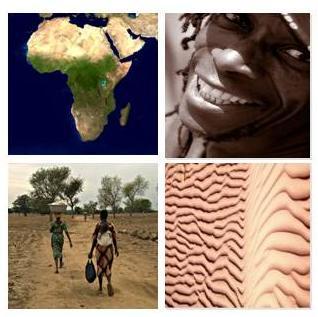
Practical information
Themes and regions
Related centers and programs
This is a private event.
Learn more about our corporate support packagesWith the participation of Shanta Devarajan, Chief Economist of the Africa Region at the World Bank, Jorge Saba Arbache,Director, Africa Development Indicators Project, Jean-Marc Gravellini, Director of AFD's Africa department, Philippe Montigny, Président ETHIC Intelligence International and President CIAN anticorruption Commission, Youssou N'Dour, Senegalese artist and composer.
Chaiman: Pierre Jacquet, Head of Strategy and Chief Economist, Agence Française de Développement (AFD)
Background: The African Development Indicators (ADI), prepared by the office of the Chief Economist, is one of the flagship publications of the Africa Region at the World Bank. This year, the African Development Indicators (ADI-2010) consists of an essay entitled "Silent and Lethal: How Quiet Corruption Undermines Africa's Development Efforts" and an expanded data set of 1,600 variables. Shanta Devarajan and Jorge Saba Arbache will present and discuss the fundings highlighted by the analysis of these data with our panel of experts, and then the public.
The report is going to be availble from Monday 15th at 6 p.m (Paris time)
Acces here to M. Devarajan's blog on the World Bank's website
Acces Ethic Intelligence's website
Related Subjects
Other events

Post-war Europe: How to Redefine a Security Architecture Within a New Transatlantic Framework?
A new European security architecture has to be built. The question is: will this happen with or without Europe? The US President, Donald Trump, who returned to the White House a little more than two months ago, and the President of the Russian Federation, Vladimir Putin, have initiated talks to put an end to the war in Ukraine, with the possibility of Ukraine ceding territory to Russia being raised.

Doing Politics in African Cities: Actors, Causes and Forms of Urban Social Mobilization
From Maputo to Nairobi and from Lagos to Dakar: recently, African cities have been the theatre of mobilizations by groups of young protesters.






